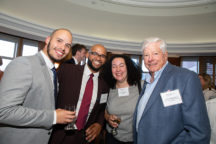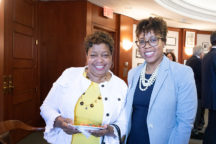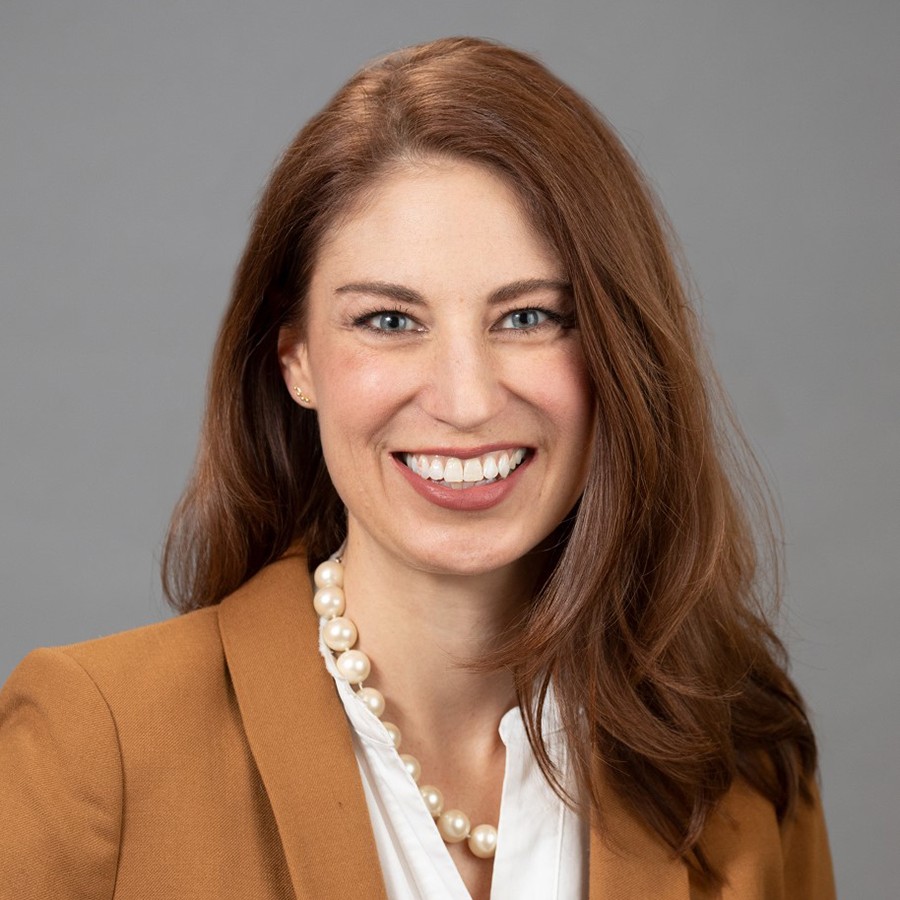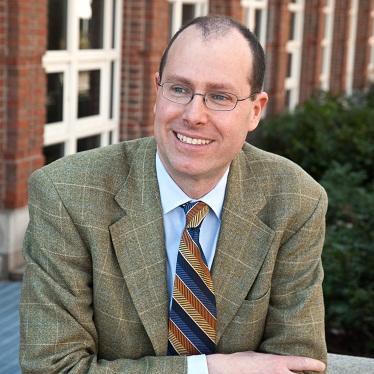Improving the governance of Greater Boston by strengthening connections among the region’s scholars, students and civic leaders
Rappaport Institute for Greater Boston
The Rappaport Institute for Greater Boston prepares civic-minded graduate students for careers as public leaders. The Rappaport Public Policy Summer Fellowship, a 10-week paid summer internship, provides graduate students at colleges and universities throughout the Greater Boston area with hands-on experience working at state and local government agencies in Massachusetts.
Improving the governance of Greater Boston by strengthening connections among the region’s scholars, students and civic leaders.
The Rappaport Institute for Greater Boston prepares civic-minded graduate students for careers as public leaders. The Rappaport Public Policy Summer Fellowship, a 10-week paid summer internship, provides graduate students at colleges and universities throughout the Greater Boston area with hands-on experience working at state and local government agencies in Massachusetts.
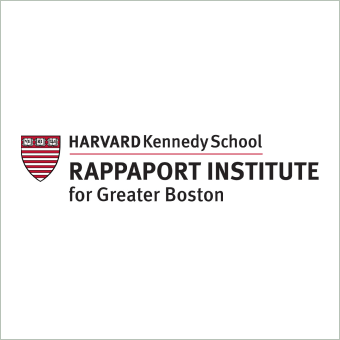
Program Leadership
Our Fellows
Sorry! Found nothing!

